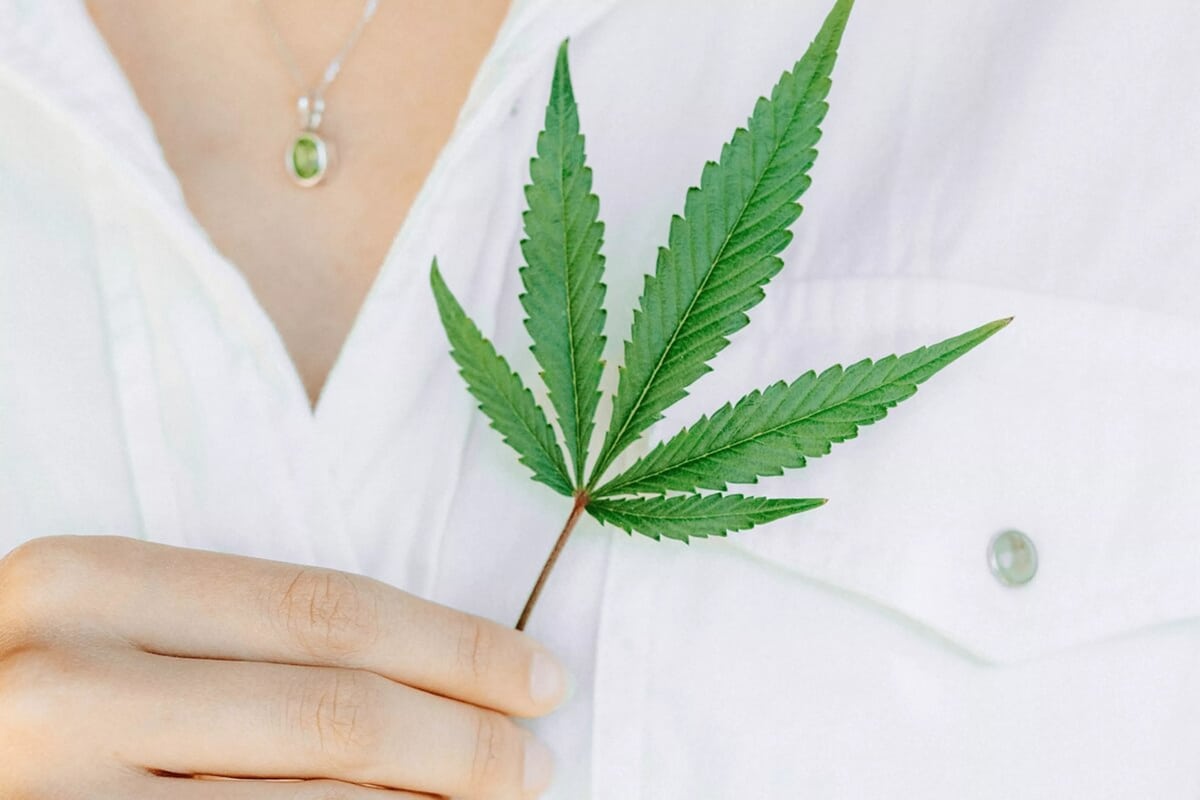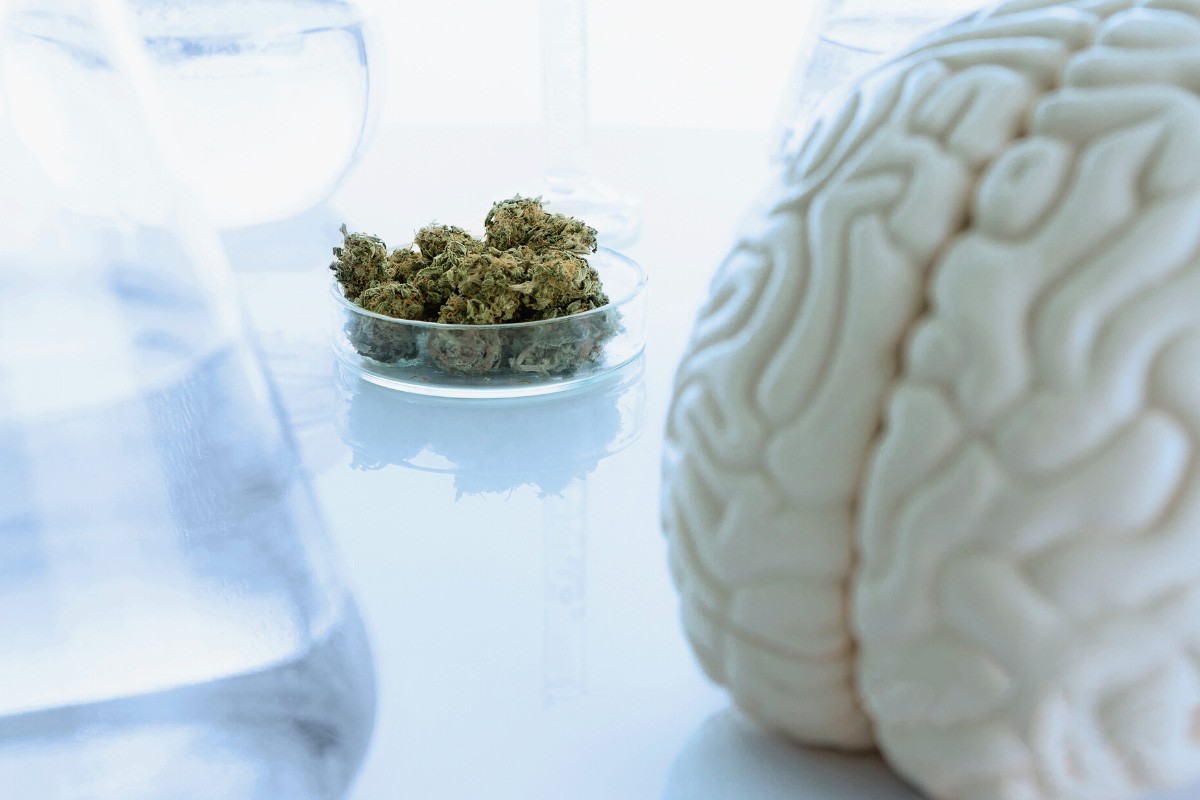Cannabis can help with a variety of ailments. In the following article, you will learn about the medical conditions for which cannabis has already been successfully used.
Cannabis can help with these diseases
Since 2017, doctors have been able to prescribe medical cannabis. The prerequisite for this is that the patient suffers from a chronic disease for which conventional therapies have already been carried out without success and for which no other treatment is possible for a variety of reasons. If treatment with medicinal cannabis promises to alleviate the symptoms for comprehensible reasons, a corresponding prescription may be issued. This is mainly the case for chronic pain, but often also for migraine and sleep disorders as well as mental illnesses such as anxiety disorders, depression or ADHD.
Cannabis and chronic pain
Chronic pain is the main reason for the use of medical cannabis according to a US study [1]. There are numerous scientific studies that have looked at the effect of cannabis on pain – some with very positive results [2], but some with contradictory findings, as some reviews show [3, 4]. One problem here is the lack of comparability of the studies, as many studies use different dosages and dosage forms in different patient groups and measure their results in different ways [5]. Given the increasing establishment of medical cannabis in the treatment of chronic pain and the numerous positive testimonials from sufferers, there is still an urgent need for research in this area.
Why cannabis or, more precisely, the active ingredients it contains (cannabinoids) can relieve pain has not yet been clearly explained. Studies have shown that pain thresholds are only slightly increased by cannabis, so they are not an analgesic in the true sense [6]. Physicians suspect that possibly the transmission of pain impulses is inhibited or that the feeling of well-being produced by cannabis makes the pain more bearable and it is thus perceived as less severe [7], which can already noticeably improve the quality of life of affected patients. The German Pain Society (Deutsche Schmerzgesellschaft e. V.) therefore names chronic nerve pain (neuropathic pain) and persistent muscle spasms in multiple sclerosis as possible areas of application [8].
Cannabis and migraine
Scientific studies show that the use of medical cannabis can reduce the frequency and pain intensity of migraine attacks [9]. According to patients’ own reports, the severity of headaches decreases by about 50% when cannabis is inhaled [10]. The effect seems to diminish over time, leading to an increase in dosage. However, caution is advised here, as overdoses can lead to unpleasant secondary headaches [11]. Medical professionals therefore recommend starting with low dosages and increasing them in small increments only as needed.
Cannabis and sleep disorders
Sleep disorders can significantly reduce quality of life and performance, so prompt treatment with as few side effects as possible is of great importance. Cannabis is generally considered to be more sleep-inducing, mainly due to the tetrahydrocannabinol (THC) it contains. This cannabinoid is psychoactive and thus responsible for the so-called state of intoxication that can be experienced when using cannabis. Unlike the more activating CBD, THC seems to have a more sedating effect, increasing drowsiness and thus promoting falling asleep [12].
What is important when using cannabis to treat sleep disorders is the time of ingestion. Experts recommend taking it at least an hour before bedtime for optimal effects without feeling sleepy and drowsy the next day. However, whether, when and how medical cannabis works varies greatly from person to person and is decided on an individual basis after medical examination.
Cannabis and anxiety disorders or depression
The evidence from scientific studies on the efficacy of cannabis in the treatment of anxiety disorders and depression is mixed, and study results often depend on the type and dosage of use. For example, the THC contained in cannabis does not appear to show acute effects on anxiety [13], but does appear to reduce anxiety when taken long-term [14].
The effect on depression also seems to depend on the composition of the active ingredients. Thus, in one study, the greatest effects (that is, the greatest improvement in depressive symptoms) were seen with cannabis containing low levels of THC and CBD [15]. Here, the cannabinoid CBD in particular seems to have an antidepressant effect, possibly due to its ability to interact with various neurotransmitter systems involved in depression [16]. This is also supported by the results of a recent study in which US researchers found that cannabis use was associated with improved sleep, less pain, and lower depressive symptoms and anxiety [17].
Cannabis and ADHD
Attention deficit hyperactivity disorder (ADHD) is characterized by marked problems in maintaining attention, which is accompanied by increased impulsivity and, in most cases, hyperactivity. This results in many different problems for those affected in everyday life, which can be alleviated by the effect of the cannabinoids THC and CBD contained in cannabis. Especially in affected person forums, there are a number of reports of experiences in which persons with (ADHD) report positive effects of cannabis on their symptoms and complaints [18]. Individual case reports and scientific studies also describe an alleviation of symptoms [19], including an improvement in the low frustration tolerance caused by the disease, a reduction in outbursts of anger and an alleviation of concentration problems and feelings of boredom [20]. Important: The benefits of cannabis in ADHD are exclusive to adults. The active ingredients contained in cannabis can permanently impair the brain development and cognitive abilities of children and adolescents as they grow [21], so its use before the age of 25 is only advisable in severe cases with intensive therapeutic support.








